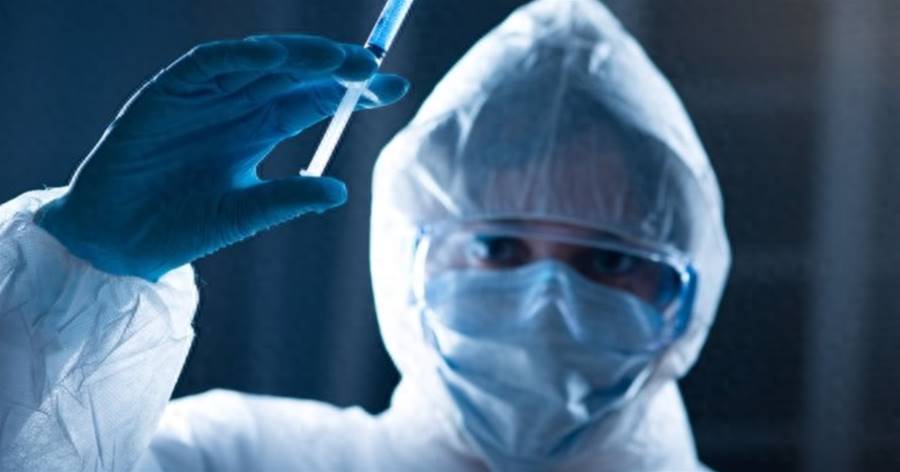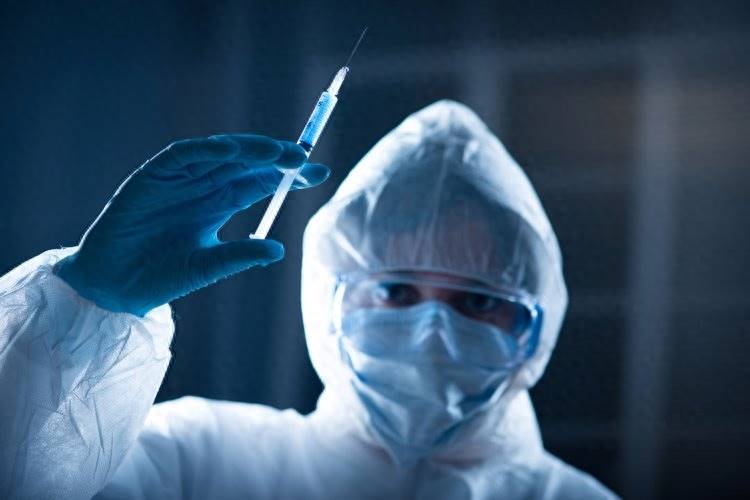
The article discusses the injection of cancer cells into healthy individuals and whether cancer can be transmitted in this way. In the 1950s, a secret human experiment was conducted by Professor Chester Southam from Cornell University to test whether cancer is contagious. He injected Hela cells into cancer patients, resulting in the formation of cancerous nodules.

When he expanded the experiment to healthy individuals, he found that they did not develop cancerous nodules but instead developed an increased immunity to cancer with more injections of Hela cells.

Despite the unethical nature of his actions, Southam provided valuable insights into the transmission of cancer through his research.
Next, the article discusses four types of cancer with a high genetic predisposition: breast cancer, colon cancer, liver cancer, and nasopharyngeal cancer.

It is recommended for individuals with a family history of these cancers to undergo regular screenings and preventive measures. In the last section, three methods for cancer screening are compared: tumor marker testing, cancer gene testing, and germline mutation testing.
Each method has its limitations and is recommended for specific high-risk populations.

Overall, the article highlights the controversial history of human experiments in cancer research, the genetic predisposition to certain types of cancer, and the different screening methods available. It concludes by emphasizing the importance of early detection and preventive measures for individuals at risk.



















